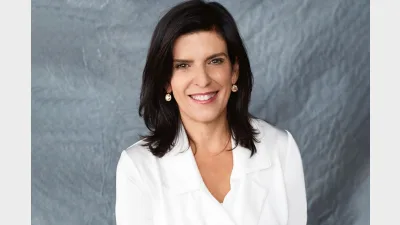Biggest gender gap for women in lowest tax bracket


New data released by the Australian Taxation Office (ATO) shows the gender gap in retirement savings is most severe for women working part time in the bottom two tax brackets.
These findings call into question the Government's plan to increase taxes in these thresholds from July next year.
Industry Super Fund Australia chief executive, David Whiteley, said that these statistical insights show significant areas where the Government should carefully consider the context of mooted superannuation changes in the budget.
"The gap in super savings is most acute for females on lower taxable incomes with those earning below the tax free threshold having on average 42 per cent less super than males in the same tax bracket," he said.
The research data from the ATO shows that there are almost 40 per cent more females than males in the bottom two tax brackets.
"With lower levels of contributions it is absolutely necessary to increase the potency of them through stronger tax incentives. Rebalancing concessions to these groups will be fairer and more efficient," said Whiteley.
The new data revealed some unexpected outcomes as well, showing that women are recording slightly higher super savings than men.
"Women in higher tax brackets have on average slightly higher super savings than males on the same income," said Whiteley.
"Clearly women, with the benefit of higher discretionary incomes and attractive tax incentives can be better super savers than their male peers."
Recommended for you
Peri and menopause training founder and TV journalist Shelly Horton has hit back at calls for businesses to introduce menopause leave.
Former federal MP Julia Banks insists that all women can use their personal power to advocate a more inclusive workplace and support other women.
After a successful inaugural event last year, the Women in Finance Summit is returning in 2024 with more business insights and networking opportunities.
Super Review is now accepting nominations and submissions for the Women in Finance Awards, to be held in November 2024.












